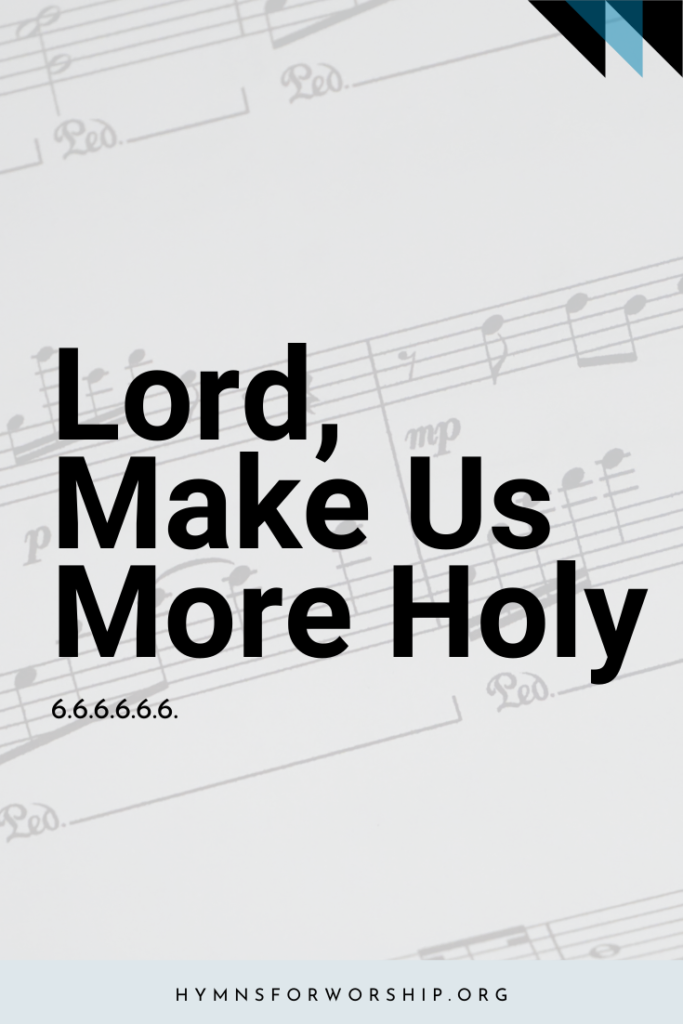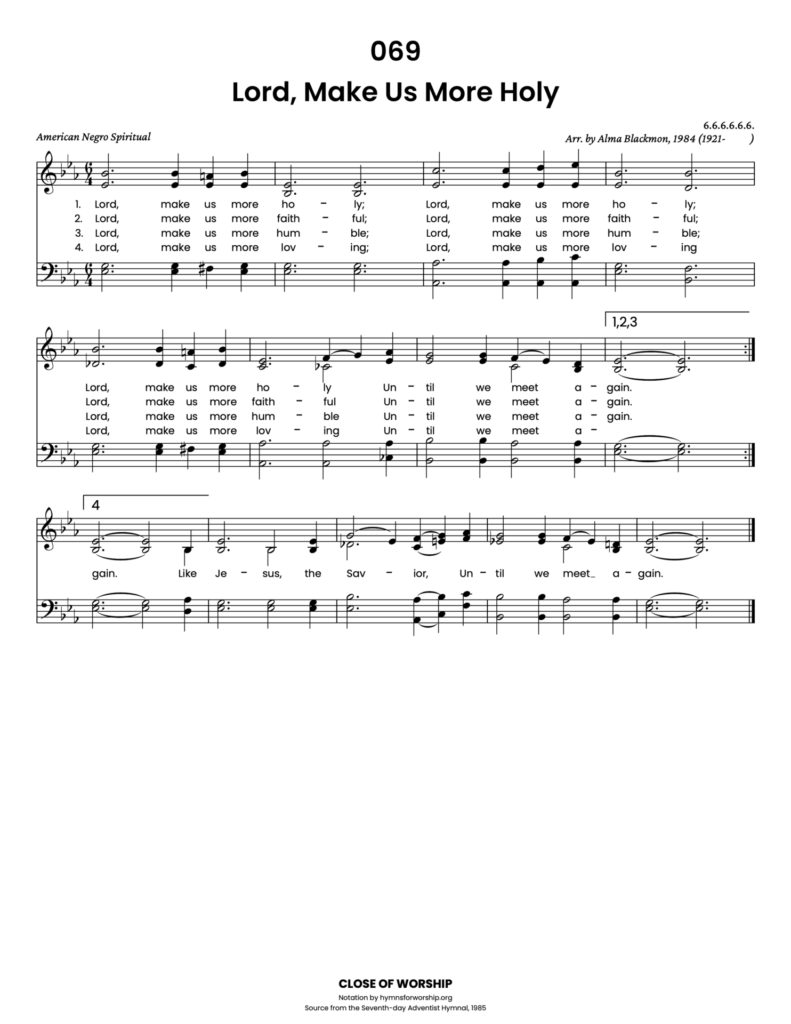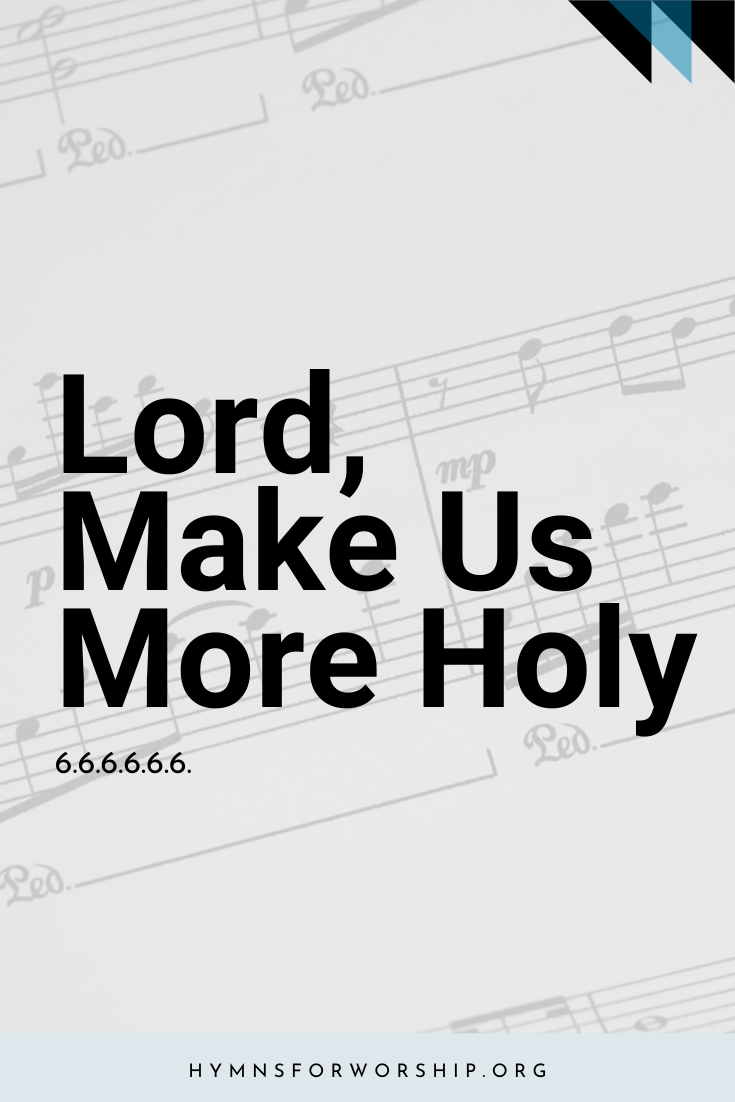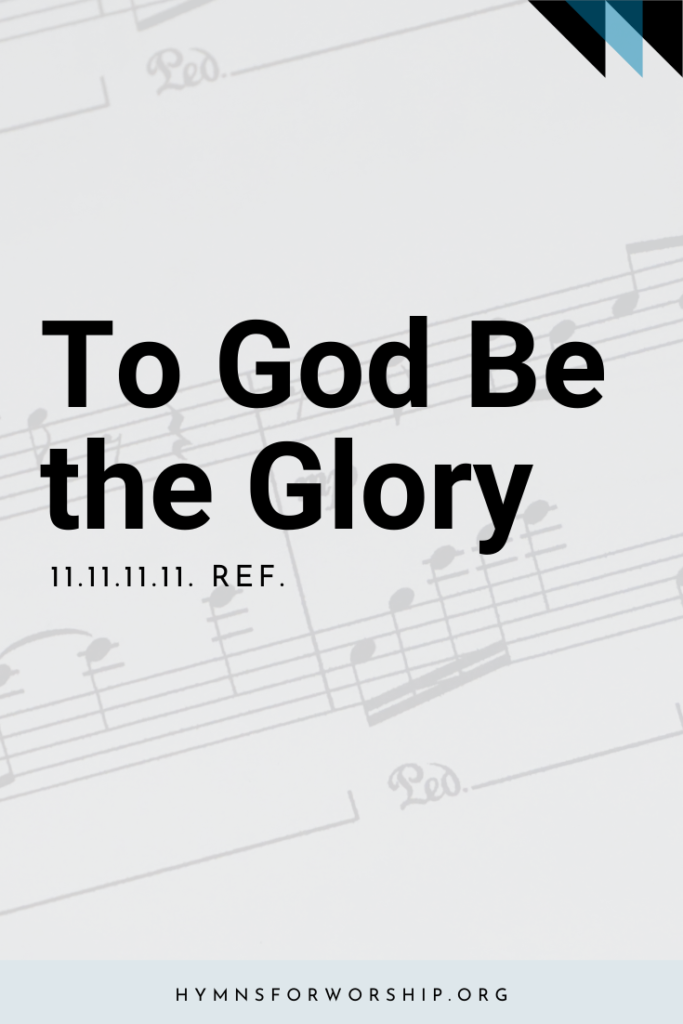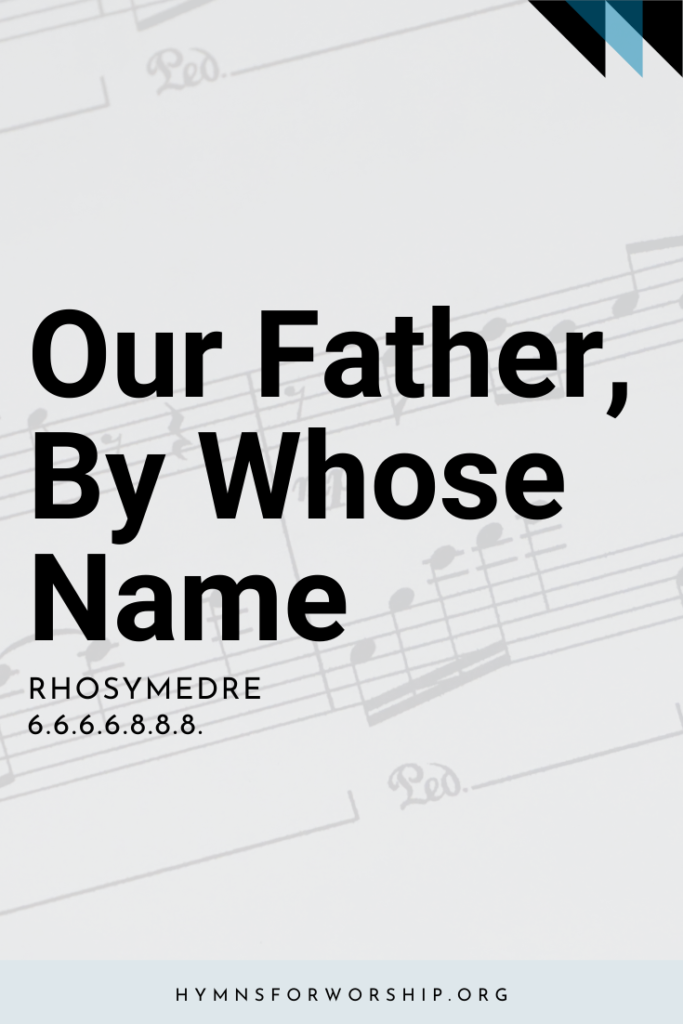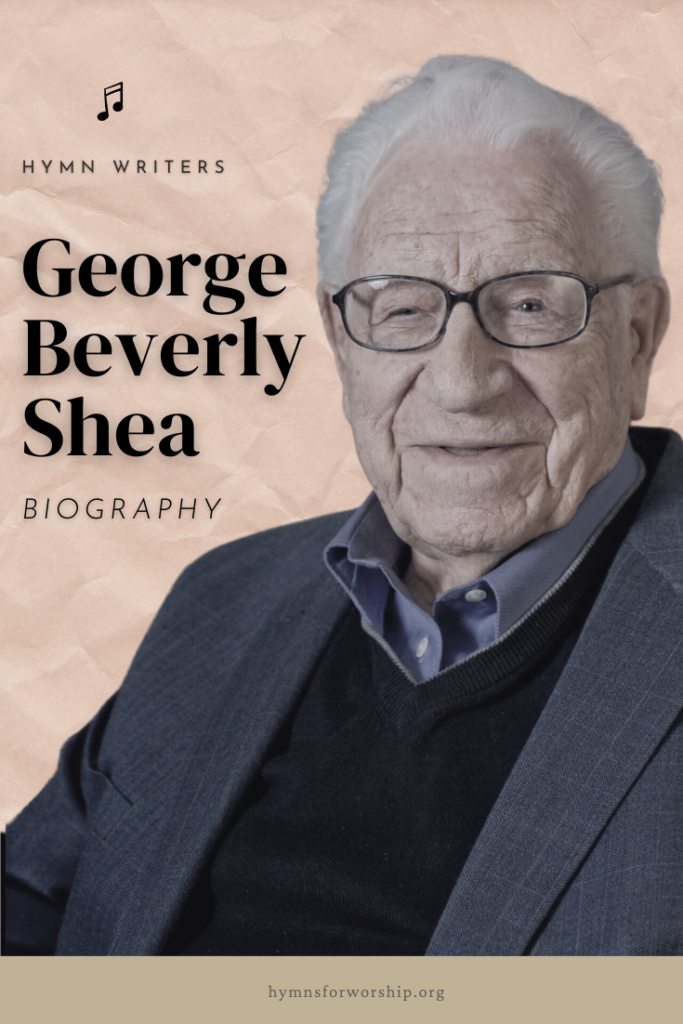According to Mark Miles Fisher in his book Negro Slave Song in the United States, “the Quakers of North Carolina bought numerous slaves and, through their Manumission Society that was established July 19, 1816, sent them to other countries. Africa was one of the places American Negros desired to go. In a song called ‘Deep River’ that originated in Guilford Country, North Carolina (where it was the name both of a body of water and the meetinghouse of the Quakers), a conservative slave told his Quaker benefactor that he wanted to ‘cross over’ to Africa, the home pf camp meetings.”
So it appears that what has universally been considered a double meaning in the song, ‘Deep river, I want to cross over into campground,” is actually a longing to be free and go back to Africa. When framed in these particular words, it can also be taken to mean, “I want death to come so that the next time I awaken it will be in the heavenly campground.”
Fisher continues, “By late 1824 the interest of Negroes was waning in African colonization. A transport ship had sailed for Africa in January 1824; the next one did not arrived there until almost 12 months later. Some slaves imagined that they somehow were to blame for not being transported home. They used their hymns for farewell songs at religious gatherings. One of the Negroes of Charleston, South Caroline, asked the Lord, meaning, perhaps, both God and his earthly master, to make him willing to wait like ‘poor Daniel’ [in another spiritual] for another opportunity to go home to Africa.”
Lord, make me more patient [or able to wait]
Lord, make me more patient,
Lord, make me more patient,
Until we meet again.
Patient, patient, patient,
Until we meet again.
And so it originally appeared. Other stanzas included “holy,” “loving,” or “peaceful,” as the slaves waited.
This tune is found in a slightly different form (see example below) in the southern United States tunebook Wesleyan Psalmist, compiled by M.L. Scudder in 1842. Joseph Hillman also included it with the text “O brother, be faithful until we meet again” in his shaped-note tune book Revivalist, published in 1868 in Troy, New York. Other stanzas used were “O Sister, be faithful,” “There we shall see Jesus,” “There’ll be no more parting,” “Lord, make us more joyful,” and more, depending on the creativity of the leader. These two examples of the appearance of the song in the tune books of the Whites seem to give credence to the theory that the slaves borrowed ideas for the spirituals from the songs that were being sung regularly in the camp meetings. A Negro version can be found in William Francis Allen’s Slave Songs of the United States, 1868, 1929.
This arrangement of the spiritual was made by Alma Blackmon at the request of the SDAH Committee, on which she served as a member of the tunes committee and the committee on organization.
Alma Montgomery Blackmon was born July 25, 1921, in Washington D.C., to musical SDA parents. She began playing the piano at age 5, and at age 10 she gave her first piano recital in New York City.. From the age of 10 she was organist and choir singer in the First SDA Church, Washington, D.C., then at Ephesus church (now Dupont Park), eventually becoming director of the highly respected Dupont Park Choir. This group has been invited to sing in special events with the National Symphony, with Alma serving as assistant conductor to Robert Shaw and Howard Mitchell. After serving for 30 years in the public schools of the nation’s capital, part of which were as supervisor of early childhood education, she joined the faculty of Oakwood College, Huntsville, Alabama, where she taught in both the English and Music departments. Under her leadership, over a period of 12 years the choral group known as the Aeolians gave some 210 concerts in 29 of the 50 states, the Districts of Columbia, Canada, Romania, England, Scotland, Wales, and the Caribbean. The group was accepted into the programs of the Friendship Ambassadors Foundation, under which they traveled to Romania. Alma herself was one of 57 musicians who went to Russia for a dialogue with government officials, planning for concert exchanges between the two countries. Opportunities to serve the Adventist Church have included five years as a member of the General Conference session held in Cleveland, Ohio; Atlantic City, New Jersey; Dallas, Texas; and New Orleans, Louisiana. Retiring in 1985, Blackmon moved to Memphis, Tennessee, to be near her daughter, a coanchor for NBC news team there. She now has time to enjoy two granddaughters; work on her autobiography, “This Is My Story”; and answer calls to be guest conductor, festival clinician, and leader of seminars in sacred music.
Alma Blackmon has had a long struggle with disease, twice overcoming cancer. He case is an ongoing research study at the National Institutes of Health. All the date amasses in her case year after year continues to be used for the benefit of others.
Her three other arrangements of spirituals in SDA are no. 138, “Rise Up, Shepherd, and Follow”; No. 305, “Give Me Jesus”, and No. 580, “This Little Light of Mine.”
